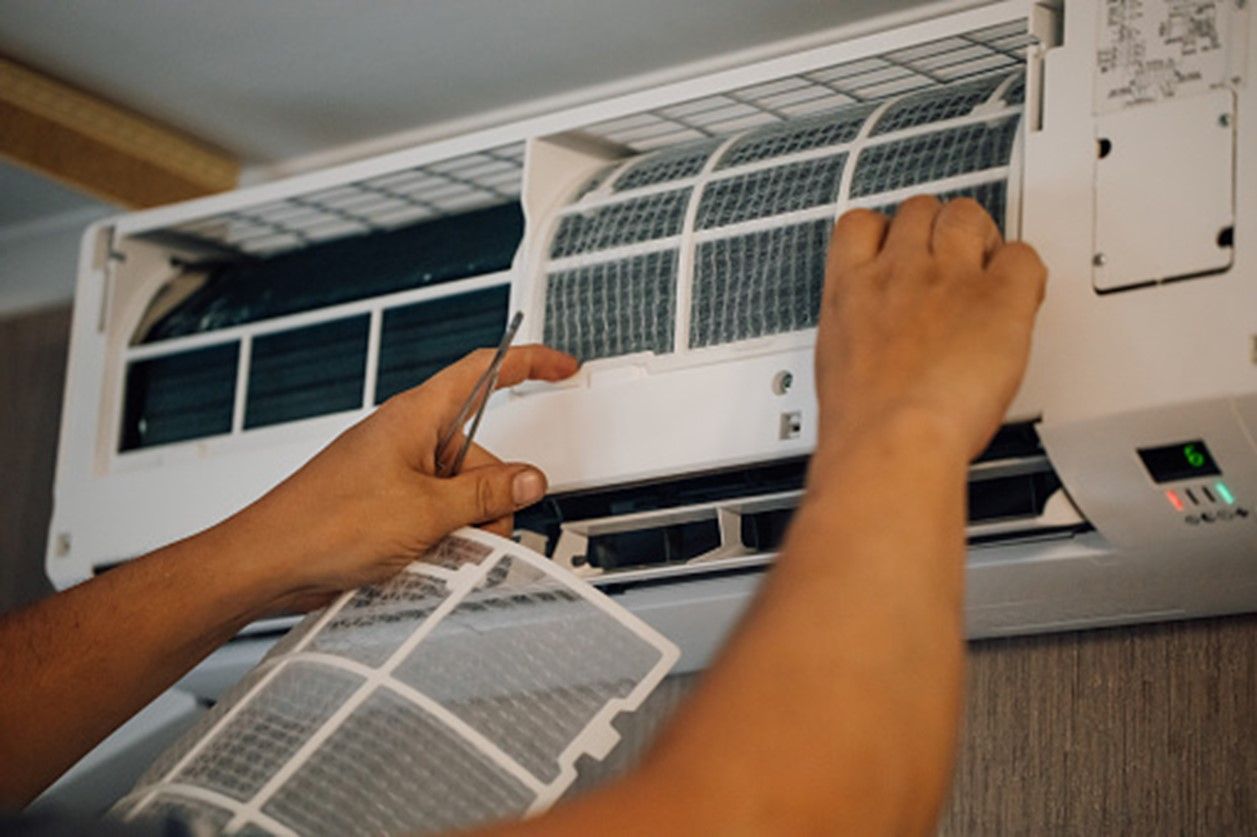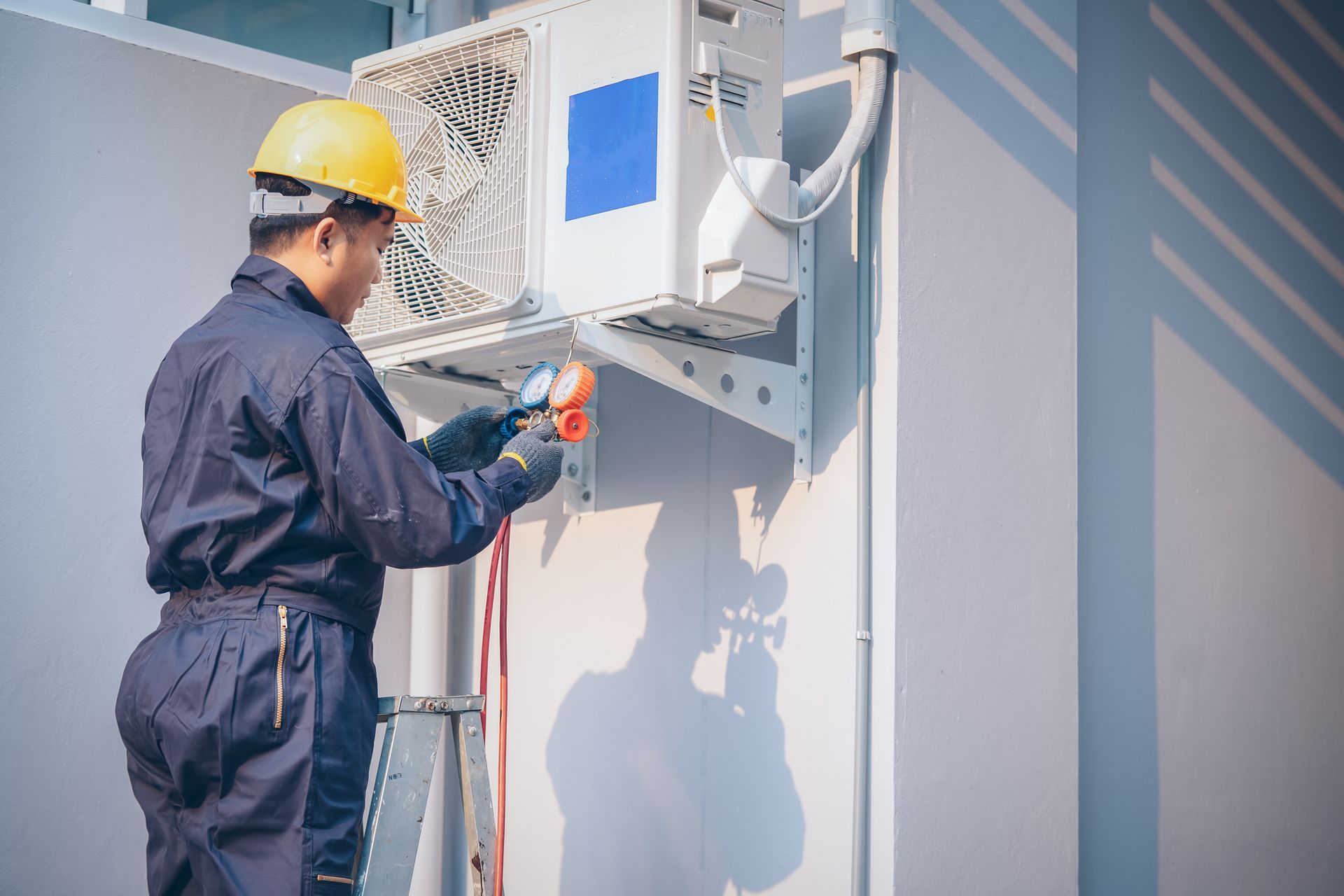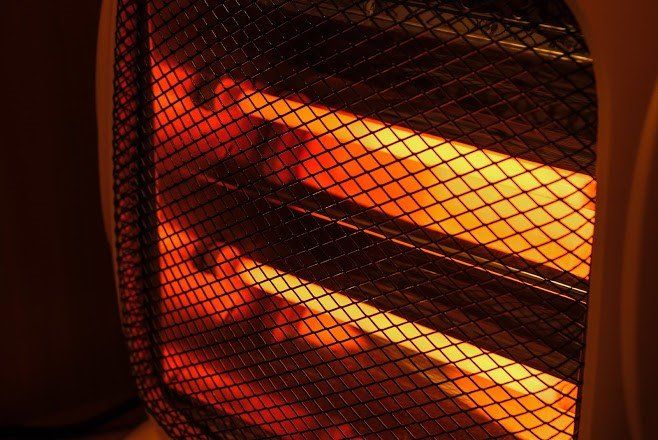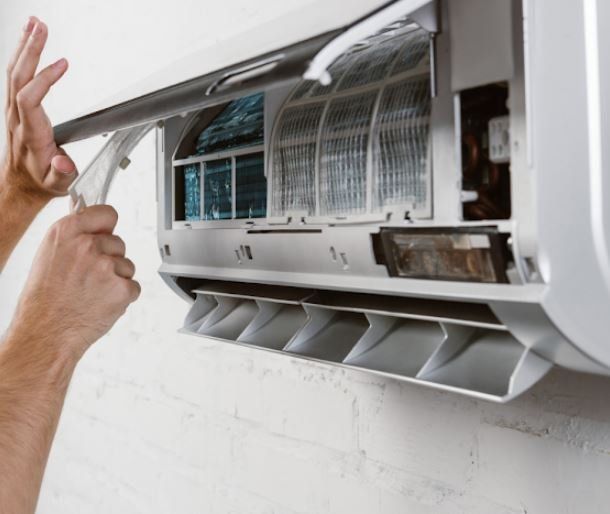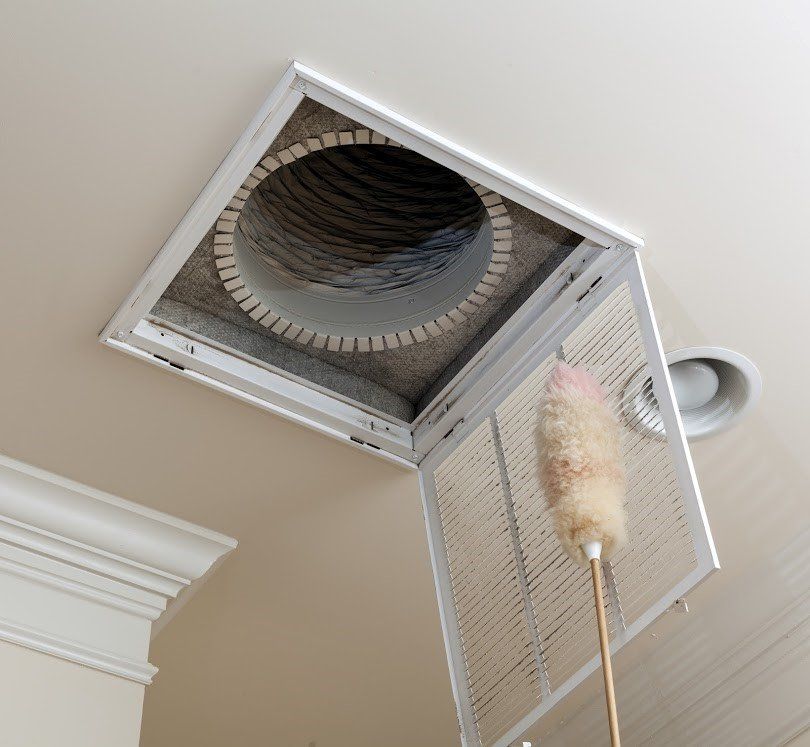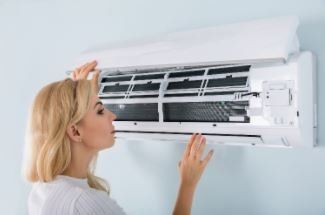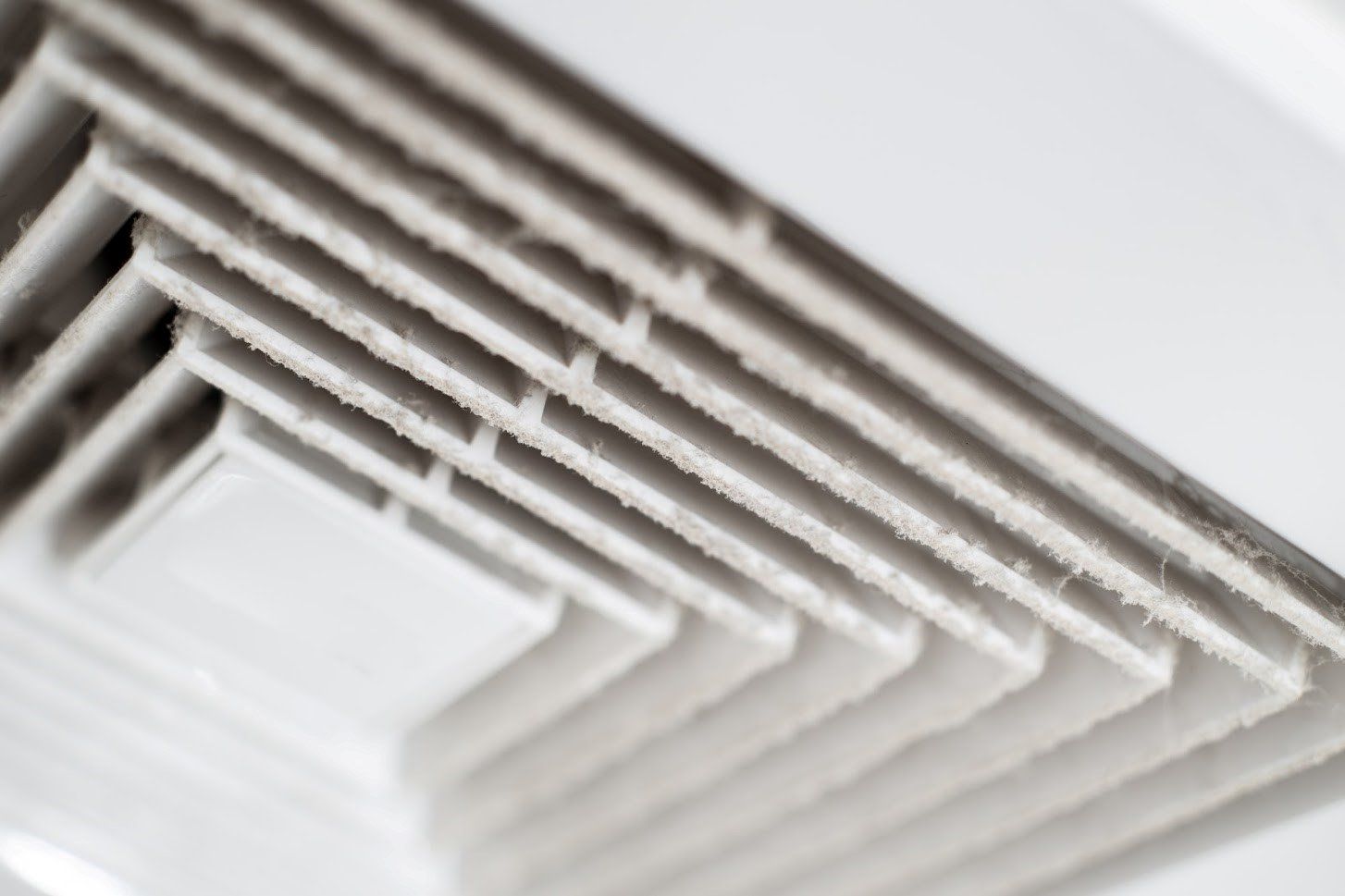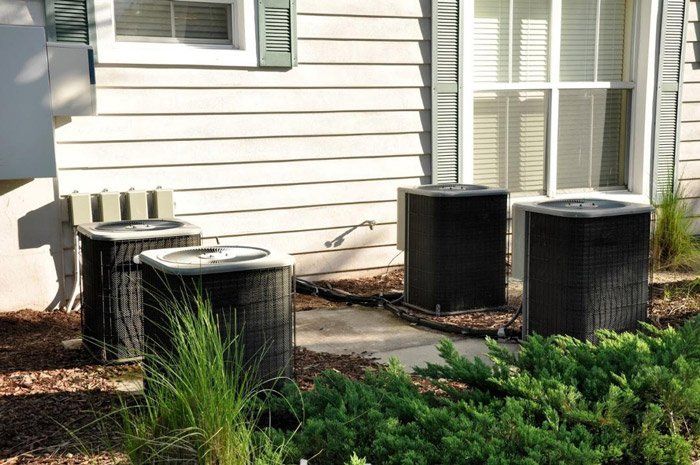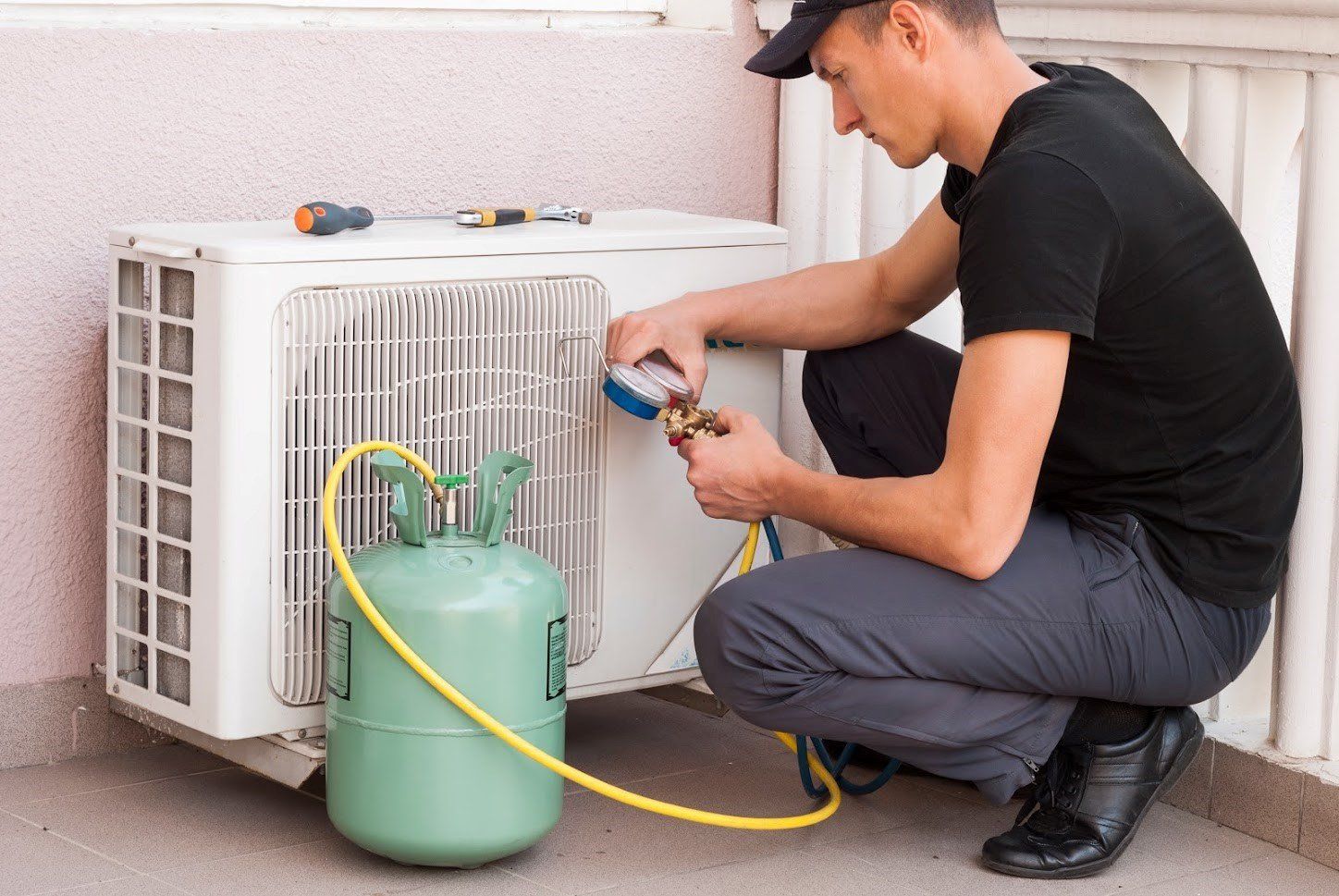3 Questions to Ask About HVAC Maintenance
Admin • October 10, 2019

From ensuring you and your home are comfortable through the various seasons to conditioning the air so it is clean and healthy, your heating and cooling system are imperative parts of the home. Unfortunately, most homeowners do not place much emphasis on their heating and cooling system until it no longer works. With proper understanding, though, you can maintain your system so it works effectively and efficiently.
This guide and your contractor will help you answer a few important questions regarding HVAC maintenance.
1. How Does Maintenance Improve Efficiency?
One of the first questions you may have is how maintenance actually improves the energy efficiency of your system. Effective maintenance can actually reduce an HVAC system's energy use by an estimated 5 to 40 percent, depending on the specific system.
You may also wonder how maintenance helps with efficiency.
On average, a traditional HVAC system will have about 100 different components, which work together to move and condition air coming in and out of the home. If any of these components are in distress, the system will not work as needed to heat, cool, and condition the air inside your home.
Even minor issues with the components cause the system to work harder to maintain temperatures set on your thermostat and the harder it works, the more energy it uses. Therefore, regular inspections and ongoing maintenance to ensure the components all work properly will alleviate stress and unnecessary energy use.
2. Other Than Efficiency, Why Else Is Maintenance Necessary?
Reducing your household's energy use is important, but you may wonder if other reasons exist for why maintenance is so crucial.
In a similar manner as wellness checks reduce your risk of underlying medical issues, periodic inspections and regular maintenance reduce your system's risk of failure. With proper maintenance, you can extend the lifespan of your HVAC system.
Also, over time, dirt, dust, mold spores, and other allergens enter the home through the ductwork and vents. As these allergens affect your air quality, you and other household members may develop allergy symptoms and respiratory issues. Replace filters and clean the ductwork regularly to improve the air quality of your home and your family's health and wellness.
3. What Are the Most Important HVAC Maintenance Tasks?
Again, if you are like many homeowners, you may not know where to begin when performing maintenance on your system. Fortunately, help is available to perform these key HVAC maintenance tasks.
Filters
Most experts believe the filters are a key part of your system's function and efficiency.
Filters clogged with dirt and dust block airflow, which causes the system to work harder, use more energy, and be under distress. To maintain a system that is truly energy-efficient, replace your filters every month or two.
Coils
Over time, the outdoor unit's coils will also accumulate dirt and dust. This debris prevents the coil from absorbing heat, which will reduce the system's ability to cool. Cleaning the coils regularly and removing any shrubs or other foliage that grows too close to the coils is another essential part of HVAC maintenance.
During the cleaning process, inspect the outdoor unit for signs of damage. For example, the evaporator and condenser coils can easily warp and bend. This damage can reduce airflow significantly, placing stress on your system. Your contractor may repair or replace the warped coil or fan blade to prevent further system issues.
Ducts
Lastly, during a routine inspection, contractors can help determine if you have duct leaks. Air loss through damaged ductwork will also cause your system to work harder to try and heat and cool the home properly. Repairing or replacing damaged areas of ductwork will be important for your system's ongoing function.
For assistance maintaining your HVAC system, contact Weather Control Air Conditioning, Inc., today.

